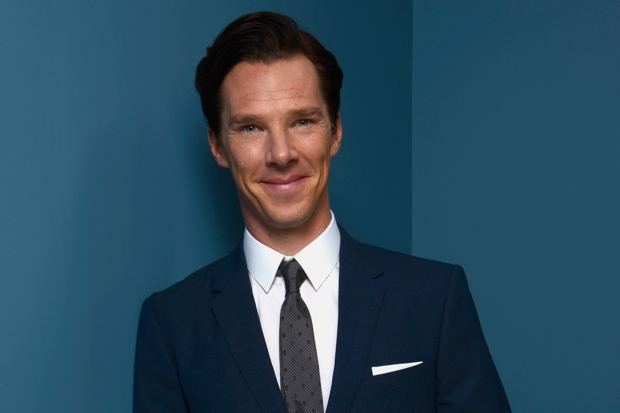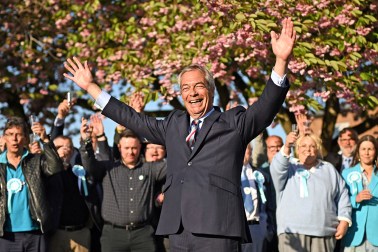A screening of The Imitation Game hosted by the American ambassador Matthew Barzun saw Alan Turing’s nephew Sir John Dermot Turing and his great-niece Rachel Barnes welcomed to 24 Grosvenor Square. There Barzun spoke of the progress that both America and Britain have made with gay rights since Turing’s day.
The wartime code-breaker committed suicide after he was found guilty of gross indecency and given chemical castration treatment as punishment. He was given a pardon for his ‘crime’ by the Queen in 2013. Now, members of the film’s cast have signed an open letter to the British government urging them to to pardon the estimated 49,000 men who were persecuted under the same law that Alan Turing was found guilty of.
Mr S suspects that the high profile pledge won’t hurt the film’s awards campaign either.
To Her Majesty’s Government,
Alan Turing was one of the greatest heroes of the twentieth Century, a man whose work on the machines that deciphered the Enigma codes helped win World War II and who was pivotal in the development of modern computers.

Britain’s best politics newsletters
You get two free articles each week when you sign up to The Spectator’s emails.
Already a subscriber? Log in








Comments
Join the debate, free for a month
Be part of the conversation with other Spectator readers by getting your first month free.
UNLOCK ACCESS Try a month freeAlready a subscriber? Log in